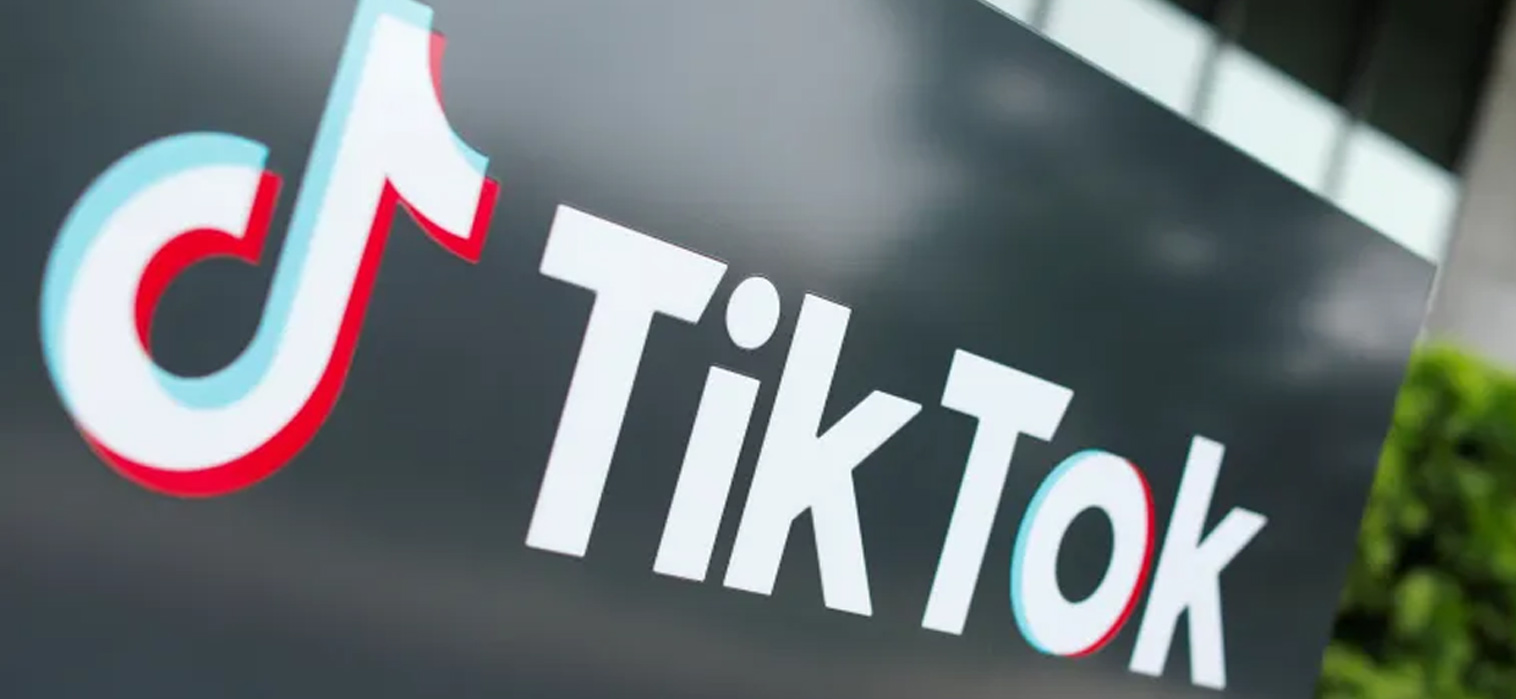TikTok Aims for $17.5 Billion in US E-commerce Sales, Posing Challenge to Amazon
TikTok dismisses the reported US merchandise sales figures as inaccurate, emphasizing its commitment to leveraging social media influence and the appeal of its platform.

TikTok, the brainchild of Beijing-based ByteDance, is set to amplify its US e-commerce venture, targeting a substantial tenfold increase to reach up to $17.5 billion in sales this year, intensifying the competition with Amazon.com Inc., according to sources from Bloomberg.
Internal discussions held in recent weeks outlined the 2024 merchandise volume goal for the US iteration of TikTok Shop. This unique platform combines online entertainment with impulse buying and, while subject to potential adjustments based on business performance, presents a formidable challenge to not only Amazon but also to other Chinese-owned rivals like Temu and Shein, who have gained significant ground among younger American consumers.
Unlike its competitors, TikTok relies on its vast social media reach and the allure of viral videos to attract buyers. In 2023, TikTok was on track to accumulate around $20 billion in global gross merchandise value, with a substantial contribution from Southeast Asia. Now, the company aims to expand its footprint in the US and Latin America, with plans to launch the e-commerce operation in the coming months.
ByteDance, founded by Zhang Yiming and Liang Rubo over a decade ago, has become a internet giant valued at over $200 billion, driven by the success of short-video platforms TikTok and Douyin. TikTok Shop, one of the company's fastest-growing features, represents a strategic move to diversify revenue streams beyond social media advertising.
In 2023, ByteDance's revenue surged by approximately 30% to surpass $110 billion, outperforming established social media rivals Meta Platforms Inc. and Tencent Holdings Ltd. TikTok Shop, where users can make purchases while browsing short videos and live streams, aspires to be a viable alternative to Amazon or Sea Ltd.’s Shopee.
Douyin, with a similar format, successfully captured a significant portion of Chinese consumer spending from Alibaba Group Holding Ltd. and JD.com Inc., particularly during pandemic-driven lockdowns that increased online engagement.
ByteDance is keen on globalizing its e-commerce model. In the US, TikTok incentivizes influencers with free shipping and subsidies to promote products in videos and live streams. Following successful holiday season promotions, over 5 million new US customers made purchases on TikTok in November, with the platform boasting approximately 150 million users in the country.
TikTok recently announced an increase in fees for merchants, rising to 6% of each sale in April and 8% in July for most product categories. Although still lower than Amazon's typical 15% seller fees, this move underscores TikTok's rapid push to generate revenue from its e-commerce platform.
Chinese e-commerce apps, including Shein and Temu, have gained traction among American consumers. TikTok's global or market-specific sales targets for TikTok Shop remain undisclosed.
In Indonesia, TikTok's strategic acquisition of GoTo Group’s e-commerce unit Tokopedia in a $1.5 billion deal positions the company to recommence its online retail service after facing scrutiny from the local government.








